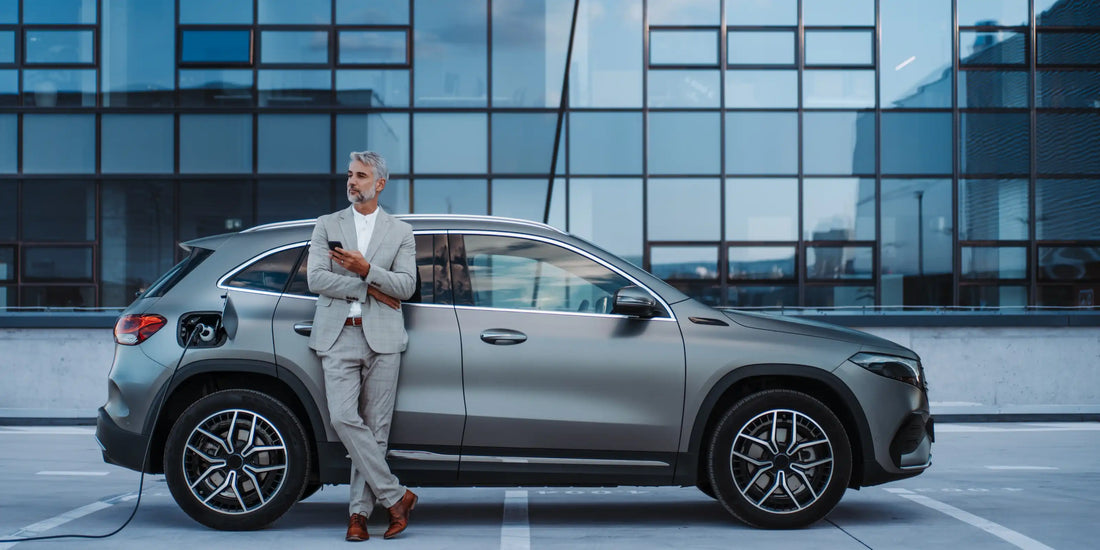
The Hidden Challenges of Legacy Automakers in the EV Era
Traditional car companies face significant challenges when it comes to building electric vehicles (EVs). To understand why, let’s consider how complex traditional automotive software systems are and why legacy car manufacturers struggle with software integration.
Typically, a conventional car contains around 150 different modules, each controlling various aspects of the vehicle. These modules are often outsourced to different suppliers. For example, Bosch might handle the body control module, another company might manage the climate control module, and yet another would handle the engine control module. The problem is that the software for these 150 modules is developed by 150 different companies. As a result, the software systems do not communicate effectively with each other.
Even though a car might have a brand name like Ford, Ford itself must rely on its suppliers to make any software changes. For instance, Ford would need Bosch’s permission to modify the climate control software. This fragmented approach leads to a “loose confederation” of software providers, each using different programming languages and structures. Consequently, the software becomes a tangled web of millions of lines of code that even the car manufacturer might not fully understand.
To tackle this issue, some traditional car companies, like Ford, have decided to insource their entire electrical architecture. This means they need to write all the software themselves, which is a monumental task considering that car companies have never undertaken such comprehensive software development before. They are, in essence, writing the software to operate their vehicles for the first time.
To put this into perspective, a well-known EV brand has around 150 million lines of code, while Windows has about 40 million lines and Android around 15 thousand lines. This sheer volume of code highlights the complexity and the challenge faced by traditional car manufacturers in developing electric vehicles.
Typically, a conventional car contains around 150 different modules, each controlling various aspects of the vehicle. These modules are often outsourced to different suppliers. For example, Bosch might handle the body control module, another company might manage the climate control module, and yet another would handle the engine control module. The problem is that the software for these 150 modules is developed by 150 different companies. As a result, the software systems do not communicate effectively with each other.
Even though a car might have a brand name like Ford, Ford itself must rely on its suppliers to make any software changes. For instance, Ford would need Bosch’s permission to modify the climate control software. This fragmented approach leads to a “loose confederation” of software providers, each using different programming languages and structures. Consequently, the software becomes a tangled web of millions of lines of code that even the car manufacturer might not fully understand.
To tackle this issue, some traditional car companies, like Ford, have decided to insource their entire electrical architecture. This means they need to write all the software themselves, which is a monumental task considering that car companies have never undertaken such comprehensive software development before. They are, in essence, writing the software to operate their vehicles for the first time.
To put this into perspective, a well-known EV brand has around 150 million lines of code, while Windows has about 40 million lines and Android around 15 thousand lines. This sheer volume of code highlights the complexity and the challenge faced by traditional car manufacturers in developing electric vehicles.


